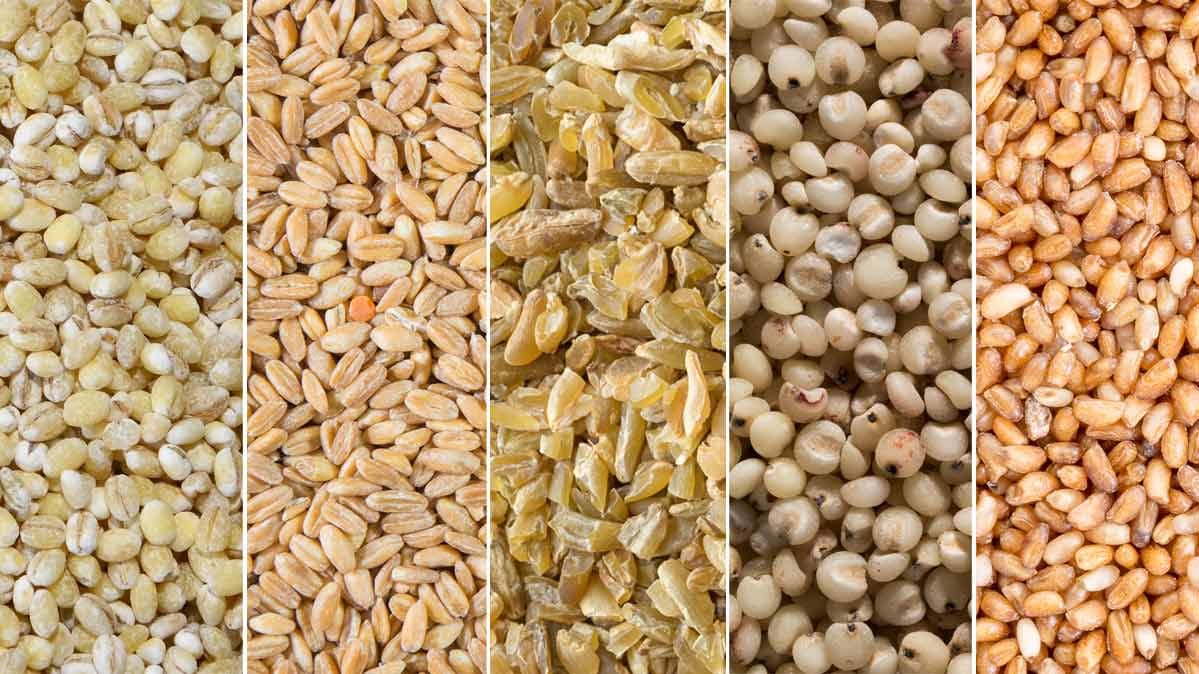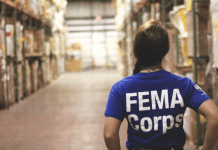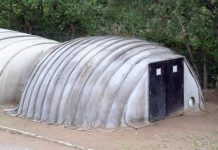World War I was a grinding conflict that brought poverty and famine to Europe. Agriculture was disrupted and the production of commercial foods plummeted. The US massively expanded food supplies to Europe to help feed the soldiers and starve people. Food shortages have been felt in the U.S., because they struggled to meet the increasing food shortages, Americans have learned to be vigilant about food and make do with far less. We have discovered that war in your homeland doesn’t have to be waged to affect you and your family. Below are a few more important lessons from World War I to be learned:
Store More Than You Expect to Need and Do It Now
You can’t really predict when you’ll need food storage so it’s best to be prepared at all times. And with WWI raging in Europe and widespread warnings, as hunger came to the US, many people in the USA were left without enough food. Many citizens had not expected the impact a war could have on their local economies elsewhere. The best time to get prepared is long before you need it, because there are supplies available and priced fairly.
There are many items that can happen to improve the need for stored food. Shortages may last longer than expected, food may be unintentionally poisoned, your family can grow or your resources may have been miscalculated. Don’t be caught short.
Store Plenty of Wheat and Grains
Wheat is an essential source of food in times of war. It’s quickly packed and delivered without any special requirements, making it a valuable tool for shipping to food shortage areas. Its long-term storage capability without refrigeration allows it to be easily transported as troops and refugees travel about. WWI-era government publications suggest that wheat was deemed as important to the war effort as bullets.
Unfortunately, bad crops and a shortage of labor left for war as field workers meant that wheat production was down at a time when it was most needed. Shortages, both at home and abroad, meant doing away with or consuming alternative grains like cornmeal, oatmeal, rye, buckwheat, barley and rice, which grew accordingly in price.
Grain is just as critical to our food storage now as it was at the time. Stored wheat and other grains are the cornerstone of a wartime diet and are exceptionally well-preserved. Families with stored grains would be much better prepared for the rationing, shortages and other potential circumstances. Do not forget to store any extra for use as animal feed, if necessary.
Related: 7 Ways to Use Rice in a Survival-Type Situation
Meat Shortages Are To Be Expected
Meat shortages escalate during warfare, but can also occur in response to shortages of food, drought, disease, transportation problems, monetary problems and any number of unforeseen circumstances. During a shortage, providing a storage solution for meat and meat alternatives will make a major difference in the protein available to your family.


It is necessary to have your own livestock to keep your supply for the long run. For instance, families with a few hens have an almost endless supply of eggs which provide a valuable portion of the daily protein required.
But, the main lesson from WWI and WWII was that for your long-term protein needs, you should not depend solely on livestock. Livestock and other animals are usually seized or killed by invading armies. Home governments ration feed, with fewer supplies even to the farmers. Allies as well as enemies know that meat is necessary for moral and survival. Having a stock of meat and/or meat substitutes preserved and well concealed will make a big difference in your family’s health and happiness during wartime.
Store More Fats
World War I showed us how important fat is in diet and appetite. Shortages were severe, particularly in Europe, and almost all recipes in every food category are affected by a lack of fat. Fats are an essential food storage category, and one that is often ignored.
Fats add a great deal of flavor and energy to your meal, but they also play an important role in cooking. Our methods of cooking for many foods are severely restricted, without fat. Another reason to store fats is their concentrated energy. Although that can mean unnecessary pounds in today’s sedentary lifestyle, when physical labor is required, it can be vitally necessary, and survival requires hard work from dawn to dusk.
The lessons for today are to stop wasting this precious food, store as much as you can before going rancid, use and recycle your supplies, and learn to use animal fats. Most preppers learn to make lard and tallow from saved animal fats, which is a valuable skill at any time.
Sugar and Salt are Important for Storing Foods of Abundance
Outsourcing sugar is better than most other foods and sugar contributes very little calories to the diet. Since many people are actively trying to reduce their sugar and salt today, they may not consider them important food storage items. Nevertheless, it is necessary to conserve any bit of food available in a scarce situation. Sugar and salt are important ingredients in the manufacture of jellies, jams, pickles and sauerkraut, and preserving meats and fish. For a preserved supply of salt and sugar, food can be maintained for later use during periods of excess.
Fruits and Vegetables
Fruits and vegetables are nutritionally essential but when other foods are scarce, they are even more essential as a locally grown product. Nearly every family had a garden during WW1 and WW2, and grew their own vegetables. Such foods contributed to the family diet by providing protein, size, and variety.
Casual gardeners find that growing your own food has a learning curve, and that the best gardeners have years of experience. Until you need it, develop this ability and learn how to conserve your goods for year-round use.
Related: The 24 Highest Calorie Vegetables for Your Survival Garden
The Importance of Storing Seeds
To preppers and gardeners, one of WWI’s biggest lessons is to store plenty of seeds. The seeds are scarce when fields are bombed, burned or otherwise destroyed by battle. Having an abundant supply of seeds, especially heritage varieties that will produce seeds for subsequent crops, can save your family and community a lifetime.
Store Potatoes
Potatoes have been blamed on the body for an extra pound, but the reality is they’re a healthy food that’s easily stored for years. Fresh, when few other crops are available, they will keep a family fed over the winter, and then produce seed potatoes for planting next year. But their real value during wartime is as a dried, storable product.
A potato’s dried weight is just about 20 per cent of its fresh weight, making it easy to bear. Throughout the Second World War, dried potatoes were transported to European soldiers and hungry people, making them scarce and costly at home. Store ample stocks of dried healthy potatoes.
Sauce and Spice Makes Everything Nice
Sauces and spices are another major category frequently ignored. While they may not add much nutrition on their own, they do make a major contribution to the palatability of many foods. Leftovers, unfamiliar foods, and otherwise unappetizing foods can be greatly improved with a few seasonings or a good gravy.
Prevent Food Waste
Preventing food waste begins with careful shopping. Purchase food with thought and consideration, prepare how every bite will be eaten beforehand and cook it carefully. Cooks were advised during the WWI to cook less for each meal, and every bite was consumed, and diners were encouraged to consume less. At the next meal, any leftovers were served again before they were completely eaten. Spoiled food was an awful waste, so it was considered unpatriotic.
We have become wasteful in these times of abundance, discarding over a third of the edible food produced. Simply cutting food waste will allow us to store more for future use and save money on other things that are needed.
Your Stored Food is a Vital Asset
Any number of events could happen to dramatically reduce your family’s food supply or cut it off entirely. The risk is far greater in a war-time situation, and suffering is to be expected. If we listen to the history lessons, we know that the best thing you can do to protect your family is to be prepared. The time to stock up is now, as supplies abound.






















